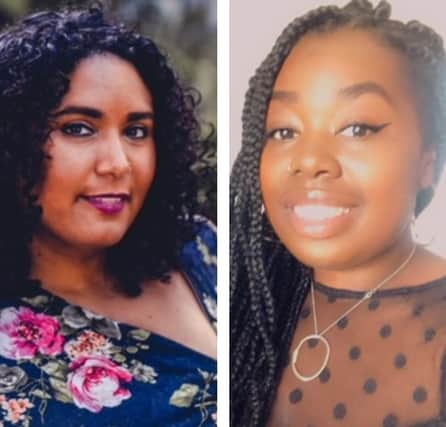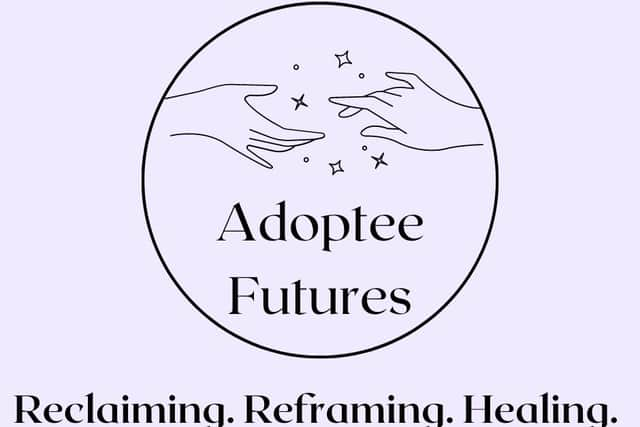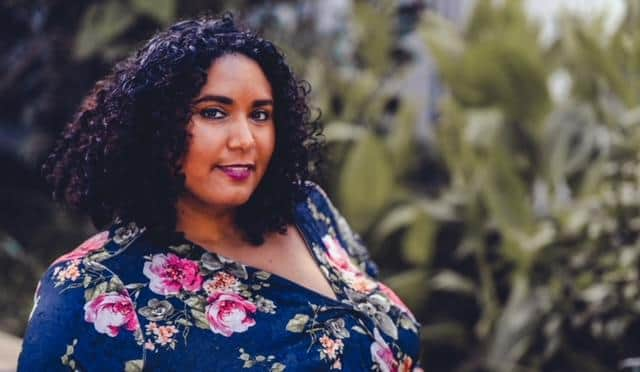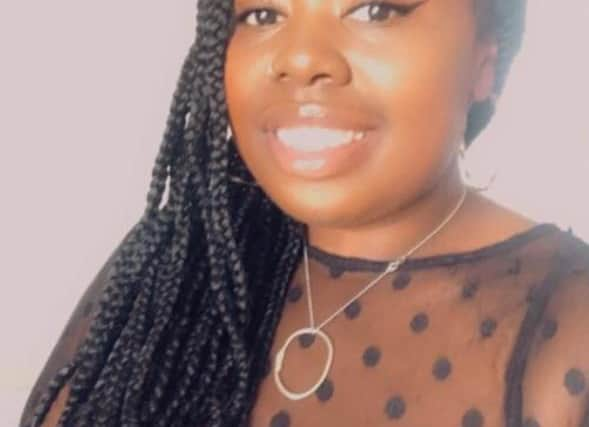Why a Sheffield woman is on a mission to reclaim the 'adoption narrative'


Annalisa Toccara, based in Sheffield, and Shania Sophia Dunbar Ives, in London, were strangers before the pandemic, but they are now working together as co-founders of a new not-for-profit organisation, Adoptee Futures.
They had connected through Twitter over their shared experiences of being adoptees, and after realising there was a “massive lack of support” for people like them in the UK, they decided they wanted to create something that “fills in the gap”.
Advertisement
Hide AdAdvertisement
Hide AdAnnalisa said: “It’s raising awareness of the other side of adoption. A lot of us can feel quite lonely in our families, even though they’re nice families. We’re sometimes not comfortable raising questions, so as not to hurt people.


“Adoptees are four times more likely to attempt suicide and that is pivotal. We need to look at the reasons why.”
This statistic may be based on research conducted in the United States, but research conducted in other countries does tend to show a link between being an adoptee and having an increased suicide risk.
The Adoption Barometer 2021 report, published by Adoption UK, stated that 54 percent of adoptees had sought mental health support between the ages of 16 and 25.
Advertisement
Hide AdAdvertisement
Hide AdJust a third of adoptees, including those aged over 25, had actually received support.


Annalisa believes that such statistics highlight the lack of support available for adult adoptees and suggests that free mental health support should be offered.
She said: “If you’re going to be put into a family, with strangers, there is a level of separation. We didn’t choose to be adopted.”
“People forget that a child is separated, and that brings trauma and long term issues, for example, identity issues,” Annalisa added.
Advertisement
Hide AdAdvertisement
Hide AdShe told how it was important to look at why there are so many children in care, particularly black children, despite efforts to change this.


Annalisa, who is mixed-race Welsh and Jamaican, and was adopted by Jamaican parents at four-years-old, added: “People are trying to solve something but it’s systemic. You need to find the root cause.”
The 33-year-old has always known she was adopted, but in her late teens she began to question whether she ‘fitted in’.
It was not until aged 29 though that she thought deeper about her adoption after a conversation with her now late mother.
Advertisement
Hide AdAdvertisement
Hide AdAnnalisa, who is also the founder of Our Mel, describes being adopted as like filling a hole in someone’s heart, as adoption is not usually seen as a first choice for most.
She told how “more and more adoptees are speaking out now”, which may be an indication of attitudes changing amongst adoptees, however, to some, they see speaking out as being ungrateful.
Adoptee Futures claims to be the first UK community interest company made by adopted people, aimed at everyone involved in adoption, with adoptees at the centre.
It offers workshops, talks for organisations, support groups and more.
Advertisement
Hide AdAdvertisement
Hide AdShania believes adoption narratives are often depicted as “a child being adopted by a white mum and dad and they go off into the sunset”.
She said: “They’re mainly focused on the adoptive parents and the adopted children.”
“But what happens when that child grows up?” Shania asked.
Despite her adoption being openly spoken about to her, the 21-year-old told how it took a ‘pivotal moment’ in her life - when she moved out - to begin asking questions.
She said: “I started noticing that I was experiencing low mood, mental health issues. I thought, where does it come from? I had a happy childhood.
Advertisement
Hide AdAdvertisement
Hide Ad“At one point, on a birthday [birthday’s can be traumatic times for adoptees], I realised, I think the reason is because of the adoption.”
Shania was fostered until the age of four by the parents that would then adopt her, spending her childhood in France until she moved to the UK for her education.
Although she considers herself ‘lucky’ at being able to access therapy due to the age she is now, she is aware of the lack of support currently out there.
Shania explained: “There are so many adoptees who find out they’re adopted later, in their 30’s, and there is no support. Many go through a journey of self discovery.”
Advertisement
Hide AdAdvertisement
Hide Ad“Adoptees are four times more likely to attempt suicide. That is not okay. It needs to change. You need to be helped with healing,” she added.
Shania’s struggles have motivated her to work towards a career in clinical psychology but in her work with Adoptee Futures, she wants to change the way that narratives are perceived, as she believes they are not representative and do not consider trauma.
She told how adoption agencies find it difficult to comprehend the idea of trauma, which leads to adoptees being reinforced with the idea that they should ‘be happy with what you have got’, and adoptive parents not knowing how to deal with situations.
Shania said: “A lot of adoptive parents hold a lot of pain. The generations above have a lot of pride. They’ve felt like they have let the child down.
“It's up to adoptees, for us, to heal ourselves.
“We’re speaking up but parents find it difficult to hear.”
Advertisement
Hide AdAdvertisement
Hide AdShania believes it is the adoption agencies that have “let everyone down”.
She explained how agencies “say anyone can adopt” but they dismiss the fact that those looking to adopt may have been through trauma themselves for example.
Shania reiterates that adoptees “need help”, which is why Adoptee Futures’ workshops are so important.
She said: “It’s crucial for parents to learn. Adoptees are entitled to feel and to have a past. It’s crucial for people to have an understanding of what adoption entails. Parents would feel more free.”